Home>Technology>Security & Surveillance>How Does A Garage Door Lock Work
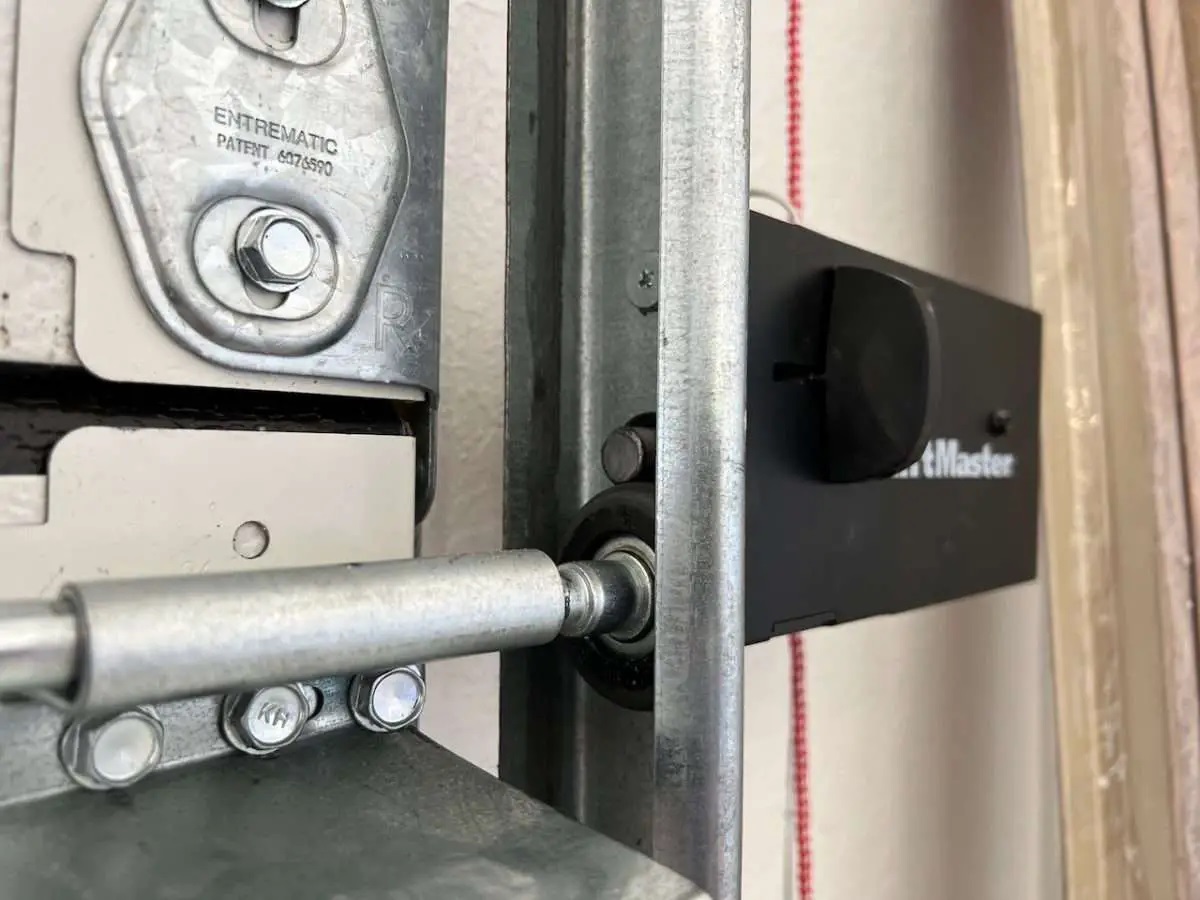

Security & Surveillance
How Does A Garage Door Lock Work
Modified: August 16, 2024
Learn how a garage door lock works to enhance security and surveillance for your property. Discover the mechanisms behind this essential feature. Unlock the secrets of garage door security!
(Many of the links in this article redirect to a specific reviewed product. Your purchase of these products through affiliate links helps to generate commission for Storables.com, at no extra cost. Learn more)
Introduction
When it comes to home security, the garage is often an overlooked area. However, ensuring the safety of your garage is just as crucial as safeguarding the rest of your home. A key element in securing your garage is the garage door lock. Understanding how this essential component functions is vital for every homeowner. In this article, we will delve into the inner workings of a garage door lock, exploring its components, operation, types, and overall significance. By the end, you will have a comprehensive understanding of the importance of a garage door lock and how it contributes to the security of your property. So, let's embark on this insightful journey to unravel the mysteries of the garage door lock!
Key Takeaways:
- Garage door locks are essential for home security, with components like the lock cylinder, deadbolt, and strike plate working together to keep your garage and belongings safe from unauthorized access.
- Different types of garage door locks, from traditional deadbolts to electronic keypad systems, offer unique features to suit your security needs and provide peace of mind for you and your family.
Read more: How Does An Electronic Door Lock Work
Components of a Garage Door Lock
A garage door lock is composed of several key components, each playing a crucial role in its overall functionality. Understanding these components is essential for comprehending how the lock operates and how it contributes to the security of your garage. Here are the primary components of a typical garage door lock:
- Lock Cylinder: This is the core component of the garage door lock, where the key is inserted to lock and unlock the mechanism. The lock cylinder is housed within the lock body and is designed to resist tampering and unauthorized access.
- Lock Body: The lock body serves as the outer casing that encloses the lock cylinder and other internal components. It provides structural support and protection for the internal mechanisms, enhancing the overall durability and security of the lock.
- Keyway: The keyway is the specific shape and configuration within the lock cylinder where the key is inserted. It is designed to match the unique pattern of the corresponding key, ensuring that only the correct key can successfully operate the lock.
- Deadbolt: In many garage door locks, a deadbolt mechanism is employed to securely lock the door in place. The deadbolt extends from the lock into the door frame, preventing unauthorized entry by effectively securing the door in the closed position.
- Strike Plate: The strike plate is the metal plate installed on the door frame, directly opposite the lock. When the door is closed, the extended deadbolt fits into the strike plate, creating a secure connection that reinforces the door’s resistance to forced entry.
- Handles and Latches: Garage door locks often feature handles and latches that allow for manual operation of the door from the inside. These components provide convenience and ease of use, enabling occupants to open and close the door without requiring a key.
By familiarizing yourself with these essential components, you can gain a deeper appreciation for the intricate design and functionality of a garage door lock. Each element plays a critical role in securing your garage and protecting your belongings, underscoring the importance of a robust and reliable lock system.
How a Garage Door Lock Works
Understanding the inner workings of a garage door lock unveils the fascinating mechanics behind its operation. When a key is inserted into the lock cylinder and turned, a series of intricate movements are set into motion, culminating in the secure locking or unlocking of the door. Here’s a step-by-step breakdown of how a garage door lock works:
- Insertion of Key: The process begins with the insertion of the key into the lock cylinder. The unique pattern of the key aligns with the corresponding keyway within the cylinder, allowing the key to be fully and securely inserted.
- Key Rotation: As the key is turned within the lock cylinder, it engages with internal pins, tumblers, or discs, depending on the specific lock mechanism. This rotational movement initiates the activation of the lock’s internal components.
- Deadbolt Extension: In locks featuring a deadbolt mechanism, the rotation of the key causes the deadbolt to extend or retract. When the key is turned in the unlocking direction, the deadbolt retracts, freeing the door to open. Conversely, turning the key in the locking direction extends the deadbolt, securely fastening the door in place.
- Alignment with Strike Plate: When the deadbolt extends, it aligns with the corresponding opening in the strike plate installed on the door frame. This alignment ensures that the door is firmly secured when in the locked position, preventing unauthorized access.
- Handle and Latch Operation: In conjunction with the deadbolt mechanism, the handles and latches of the garage door lock facilitate the manual opening and closing of the door from the inside. These components allow for convenient and efficient operation, enhancing the overall functionality of the lock system.
By comprehending the sequence of actions that occur within the garage door lock, you can gain a newfound appreciation for the precision and reliability of its design. The seamless coordination of its components ensures that your garage is effectively secured, providing peace of mind and reinforcing the protection of your property.
When a garage door lock is engaged, it prevents the door from being opened by anyone without the key or code. This is typically achieved through a combination of physical mechanisms and electronic components, such as a deadbolt and a keypad or remote control.
Types of Garage Door Locks
Garage door locks are available in various types, each offering unique features and mechanisms tailored to different security needs and preferences. Understanding the different types of garage door locks empowers homeowners to select the most suitable option for their specific requirements. Here are several common types of garage door locks:
- T-Handle Locks: T-handle locks, also known as T-locks, are a popular choice for manual garage doors. They feature a handle that, when turned, engages the lock mechanism, typically a simple deadbolt or latching mechanism. T-handle locks are straightforward and easy to operate, providing a basic yet effective means of securing the garage door.
- Deadbolt Locks: Deadbolt locks are renowned for their robust security features. These locks utilize a solid metal bolt that extends into the door frame, providing exceptional resistance against forced entry. Deadbolt locks are available in single-cylinder and double-cylinder configurations, offering varying levels of security and convenience.
- Electronic Keypad Locks: Electronic keypad locks offer a modern and convenient approach to garage door security. Instead of traditional keys, these locks employ a programmable keypad that allows authorized users to input a unique code for entry. Electronic keypad locks eliminate the need for physical keys and enable easy access control for multiple users.
- Slide Bolt Locks: Slide bolt locks are simple yet effective locking devices that consist of a sliding metal bolt and corresponding strike plate. They are often used in conjunction with other locking mechanisms to reinforce the security of the garage door. Slide bolt locks provide an additional layer of protection against unauthorized access.
- Smart Lock Systems: Smart lock systems integrate advanced technology, such as wireless connectivity and remote access capabilities, to enhance garage door security. These systems can be controlled and monitored via smartphone apps, allowing homeowners to remotely lock and unlock their garage doors, receive activity alerts, and manage access permissions with ease.
Each type of garage door lock offers distinct advantages and functionalities, catering to diverse security preferences and operational requirements. By exploring the various options available, homeowners can make informed decisions when selecting a garage door lock that aligns with their security needs and complements their lifestyle.
Importance of a Garage Door Lock
The garage door lock serves as a critical component in fortifying the security of your home and safeguarding valuable possessions stored within the garage. Its importance extends beyond mere physical protection, encompassing several key aspects that contribute to the overall safety and peace of mind of homeowners. Here are compelling reasons highlighting the significance of a garage door lock:
- Property Security: A robust garage door lock acts as a primary deterrent against unauthorized entry and potential intrusions. By effectively securing the garage, the lock helps protect vehicles, tools, equipment, and other valuable items stored within the space, reducing the risk of theft and vandalism.
- Home Access Control: The garage door lock plays a pivotal role in regulating access to the home. By ensuring that the garage is securely locked, homeowners can prevent unauthorized individuals from gaining entry to the property through the garage, thereby enhancing overall home security.
- Family Safety: A reliable garage door lock contributes to the safety of household members by creating a secure environment within the garage. This is particularly important for families with young children, as it minimizes the potential for accidents and unauthorized access to hazardous tools or equipment.
- Peace of Mind: Knowing that the garage door is effectively secured with a robust lock provides homeowners with peace of mind, allowing them to confidently store valuable belongings and vehicles without constant concern for their safety.
- Insurance Compliance: Many insurance providers require homeowners to maintain secure locking systems on their garages to qualify for comprehensive coverage. Installing a reliable garage door lock not only enhances security but also ensures compliance with insurance regulations, potentially leading to reduced premiums and enhanced coverage benefits.
- Property Value: A well-maintained and securely locked garage can positively impact the overall value of the property. Prospective buyers often prioritize security features, and a dependable garage door lock can enhance the appeal and marketability of the home.
By recognizing the multifaceted importance of a garage door lock, homeowners can make informed decisions regarding the selection, maintenance, and utilization of this essential security component. The peace of mind, protection, and safety it provides underscore its indispensable role in preserving the security and well-being of the home and its occupants.
Read more: How Does A Portable Door Lock Work
Conclusion
The garage door lock stands as a paramount element in the realm of home security, offering a steadfast barrier against unauthorized access and fortifying the protection of valuable assets housed within the garage. Through our exploration of the components, operation, types, and significance of garage door locks, we have unveiled the intricate mechanics and compelling rationale underlying their pivotal role in safeguarding residential properties.
By comprehending the inner workings of garage door locks, homeowners can make informed decisions when selecting and maintaining these vital security mechanisms. Whether opting for traditional deadbolt locks, electronic keypad systems, or smart lock solutions, the diverse array of options empowers individuals to tailor their security measures to align with their specific needs and preferences.
Furthermore, the importance of a reliable garage door lock transcends mere physical security, encompassing aspects such as access control, family safety, peace of mind, and property value. This holistic understanding underscores the indispensable nature of garage door locks in preserving the overall security and well-being of homeowners and their families.
As we conclude our journey through the realm of garage door locks, it is evident that these unassuming yet formidable devices play a pivotal role in fortifying the sanctity of the home. Their unyielding vigilance and steadfast protection serve as a testament to their indispensable nature, solidifying their status as a cornerstone of residential security.
May this newfound knowledge empower you to make informed decisions in safeguarding your home, and may the reliability and resilience of your garage door lock stand as a stalwart guardian of your cherished abode.
Frequently Asked Questions about How Does A Garage Door Lock Work
Was this page helpful?
At Storables.com, we guarantee accurate and reliable information. Our content, validated by Expert Board Contributors, is crafted following stringent Editorial Policies. We're committed to providing you with well-researched, expert-backed insights for all your informational needs.
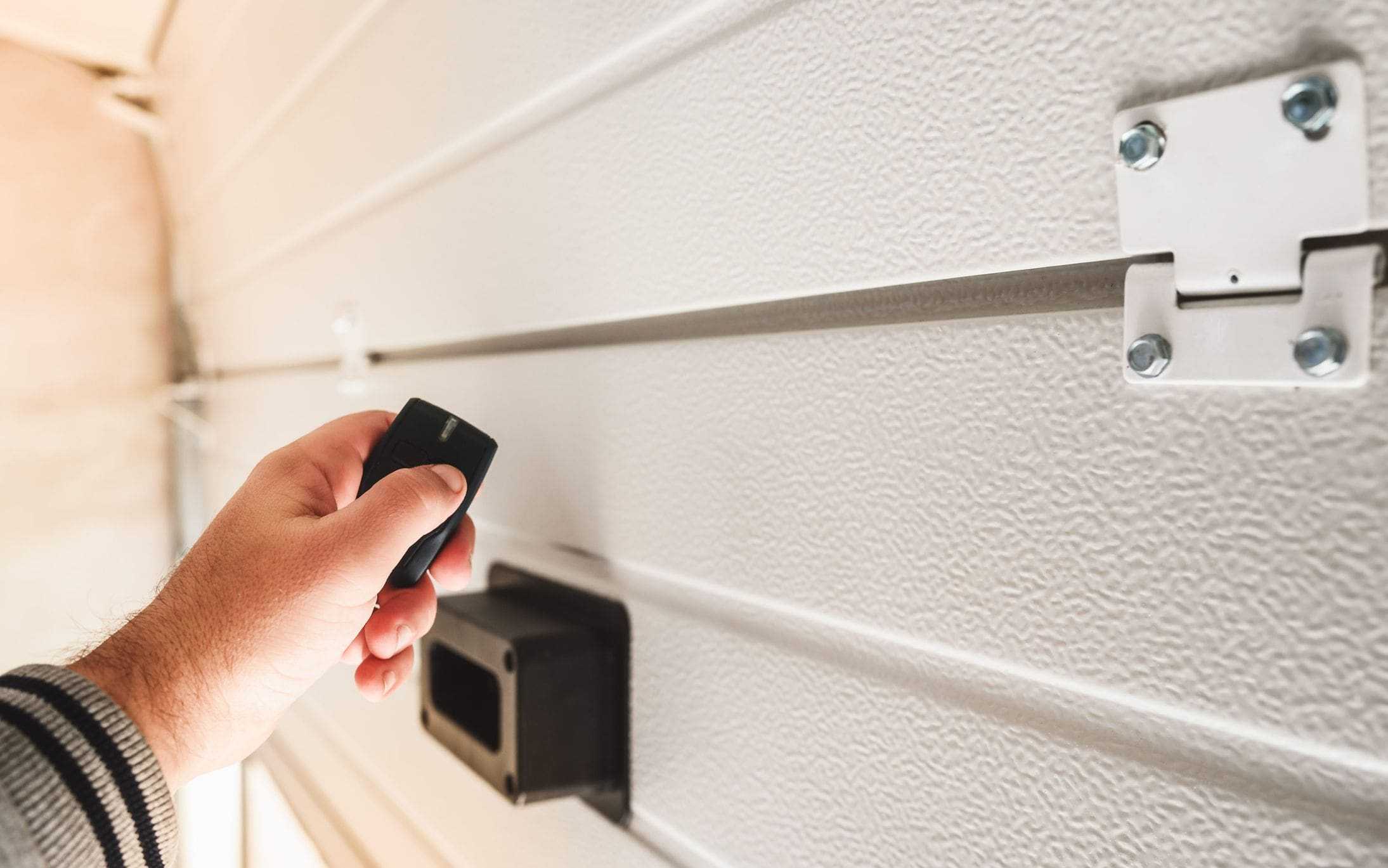
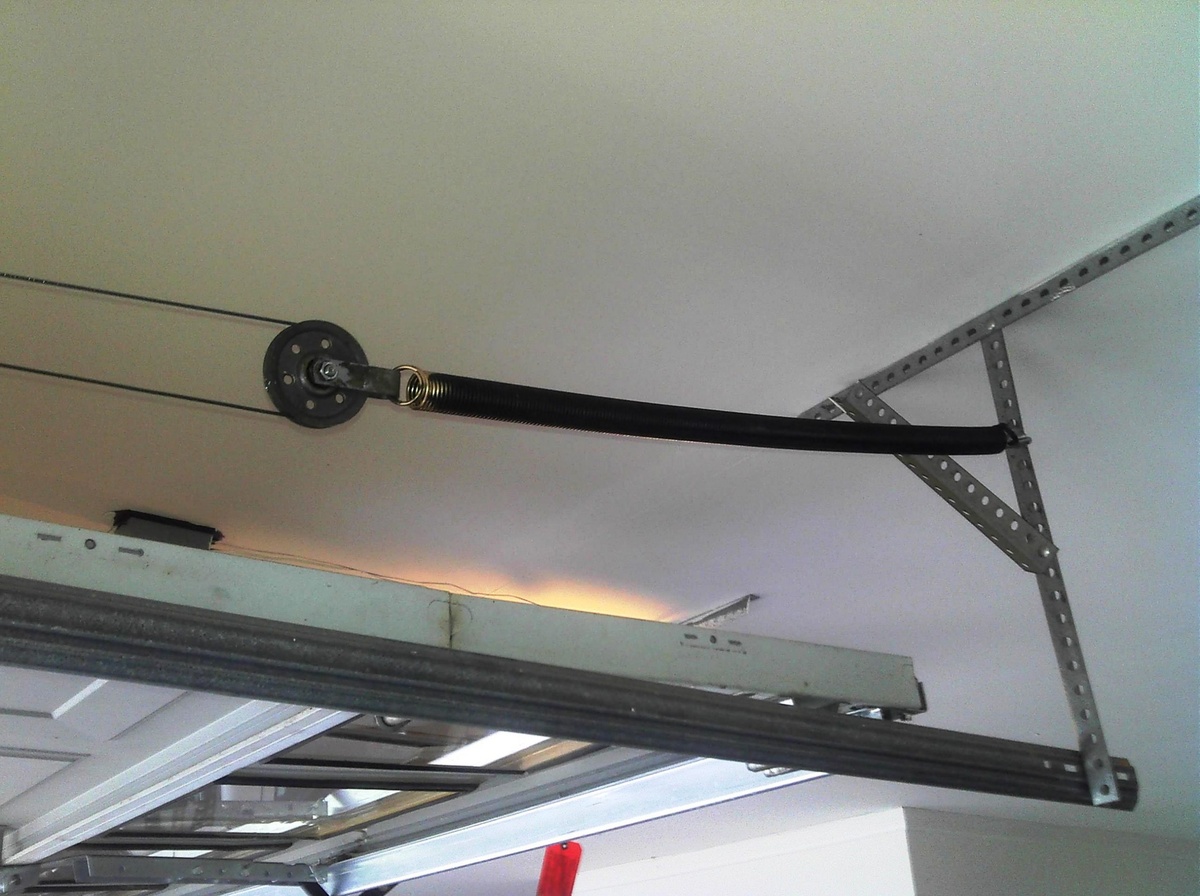
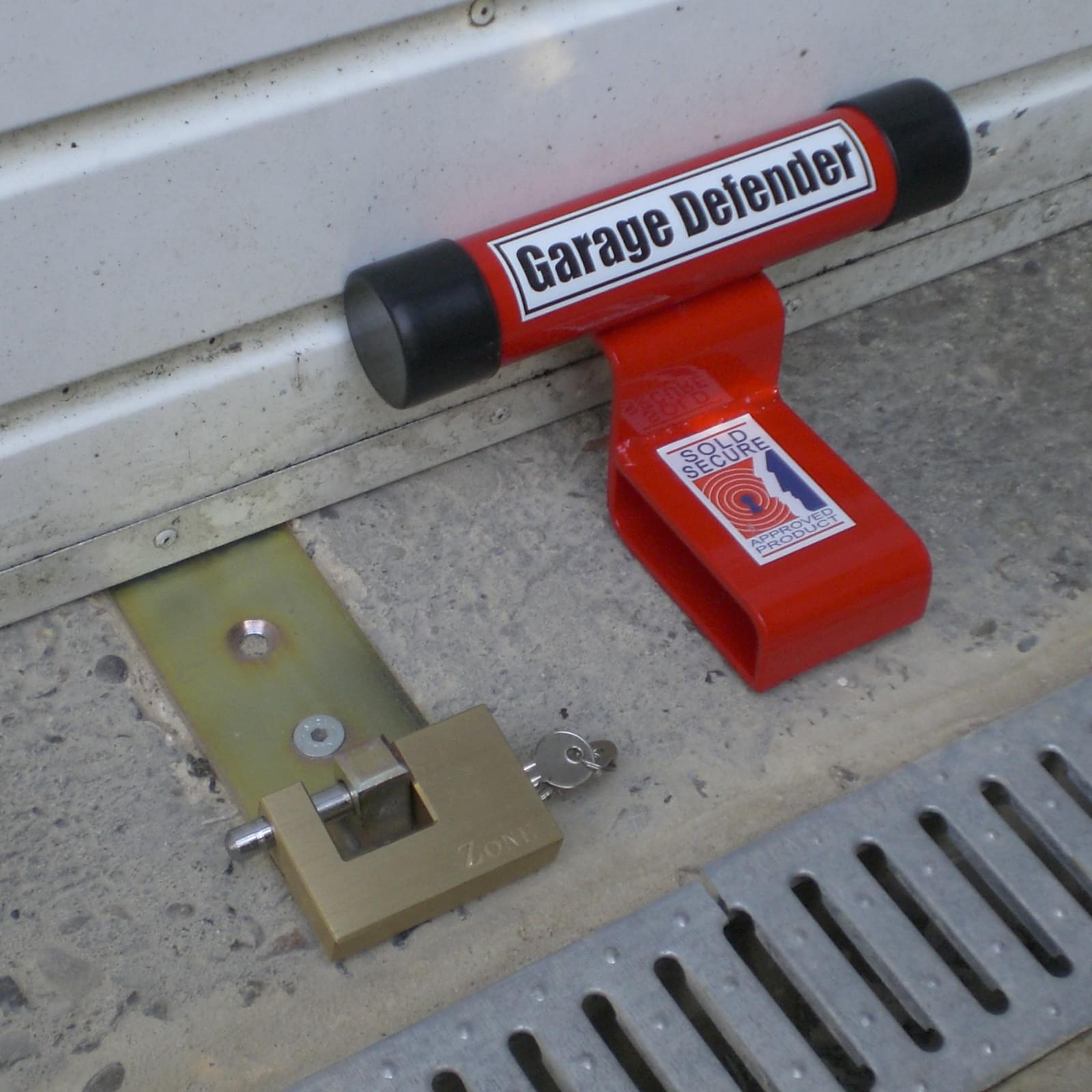
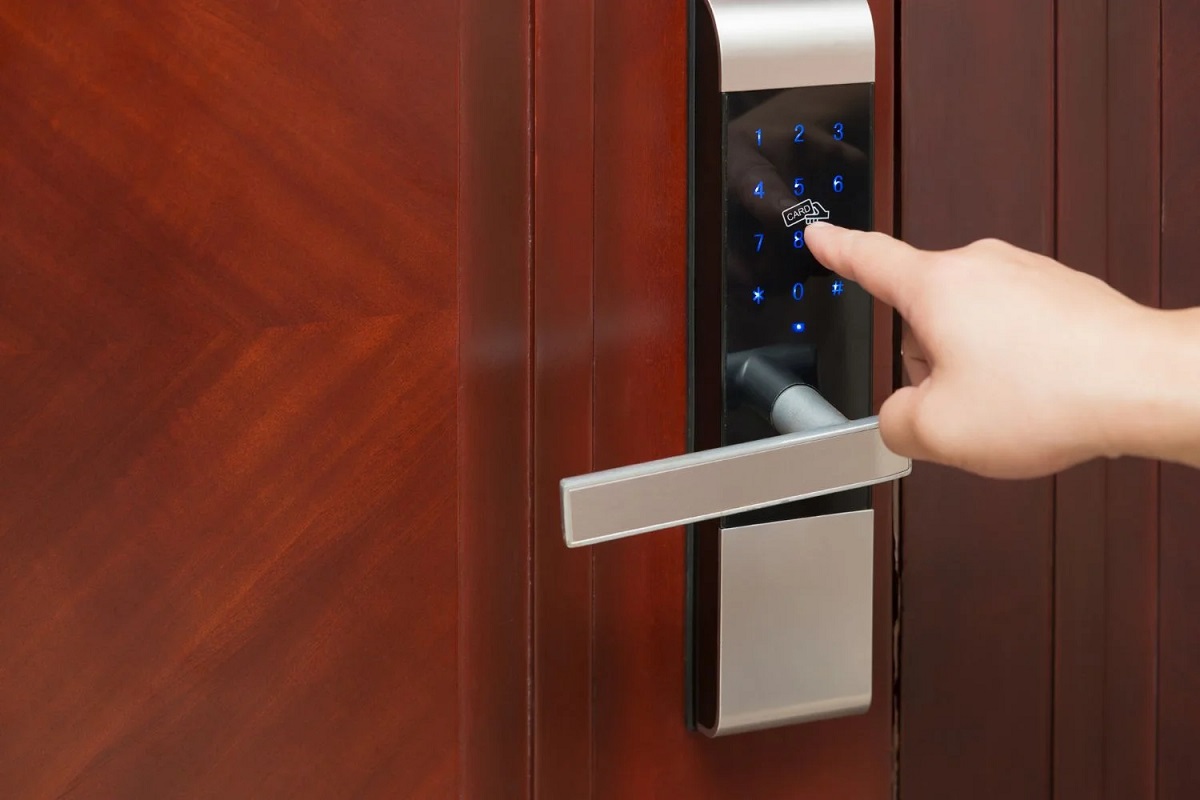
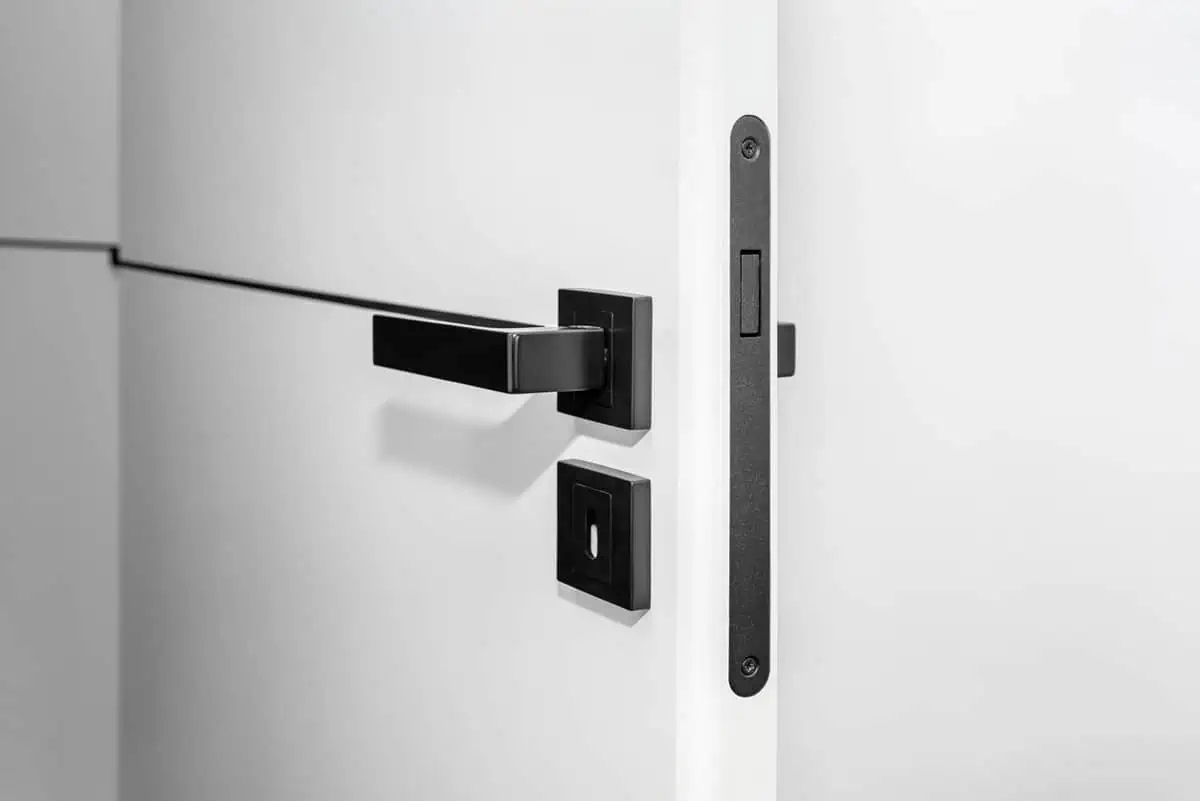
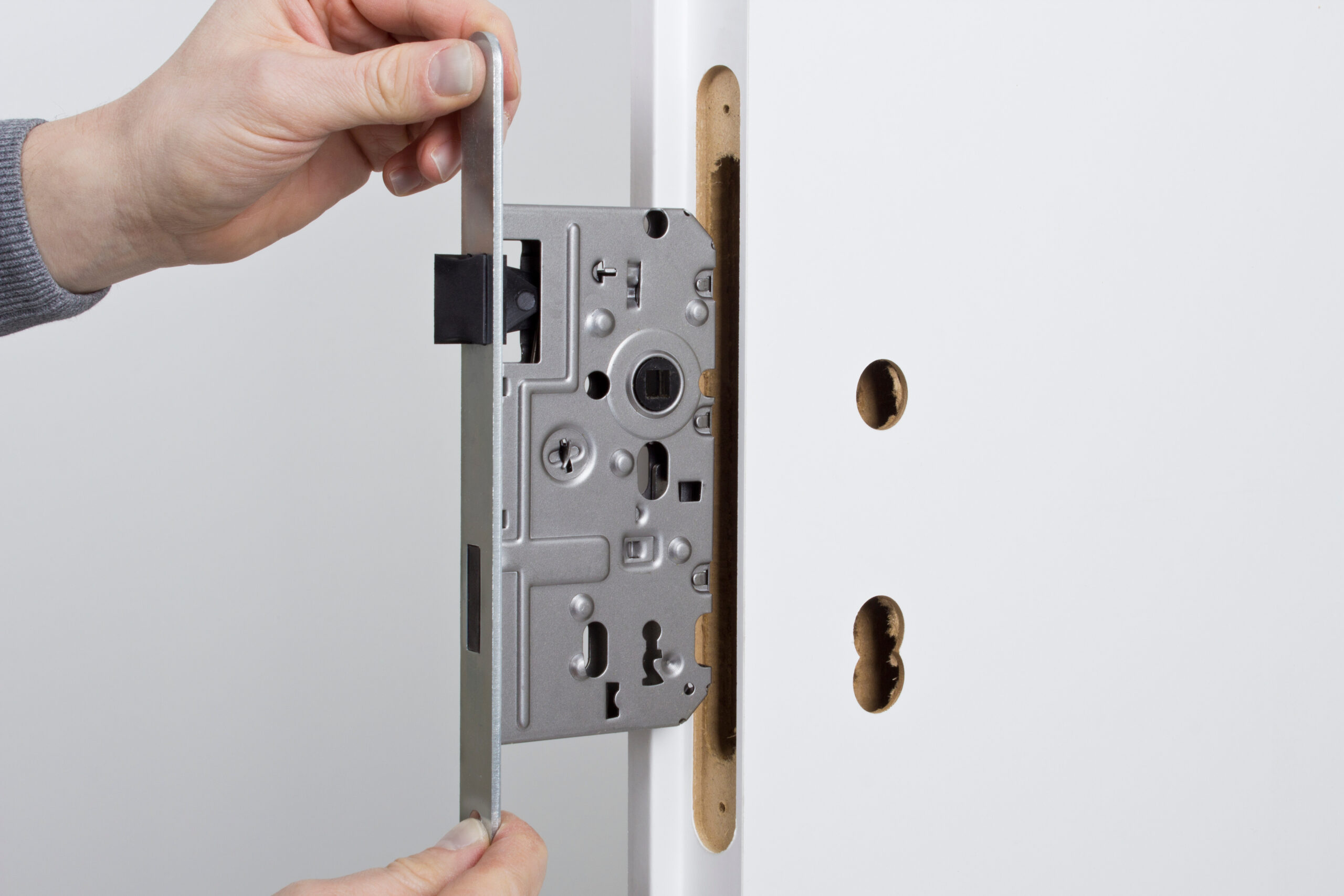
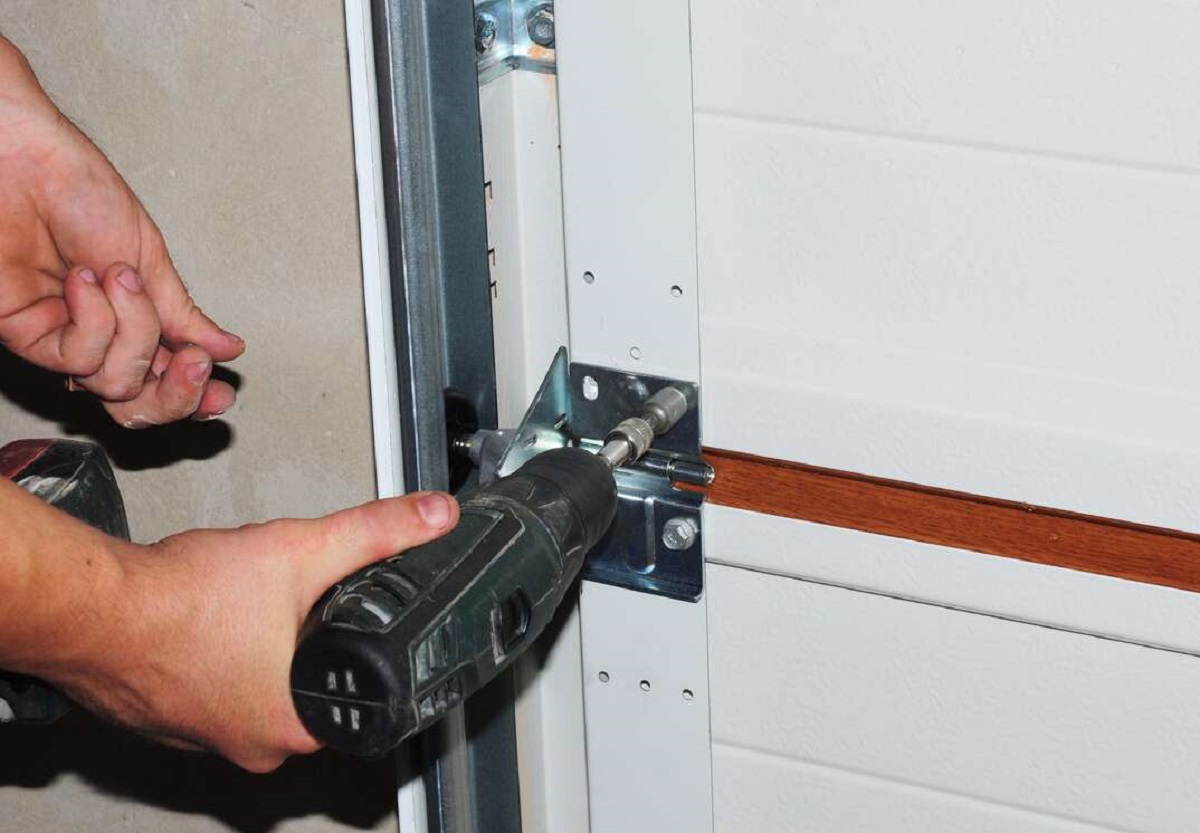
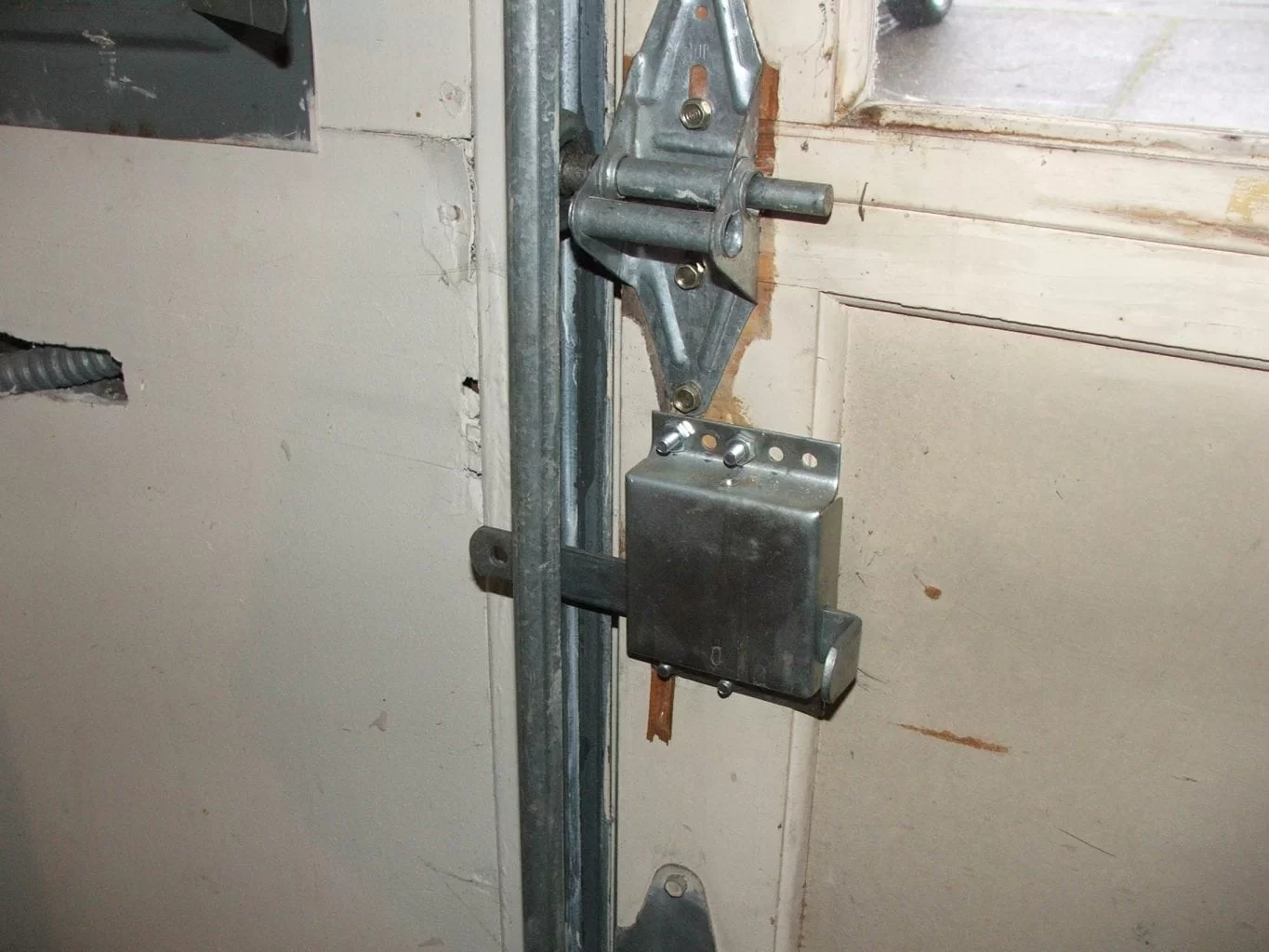
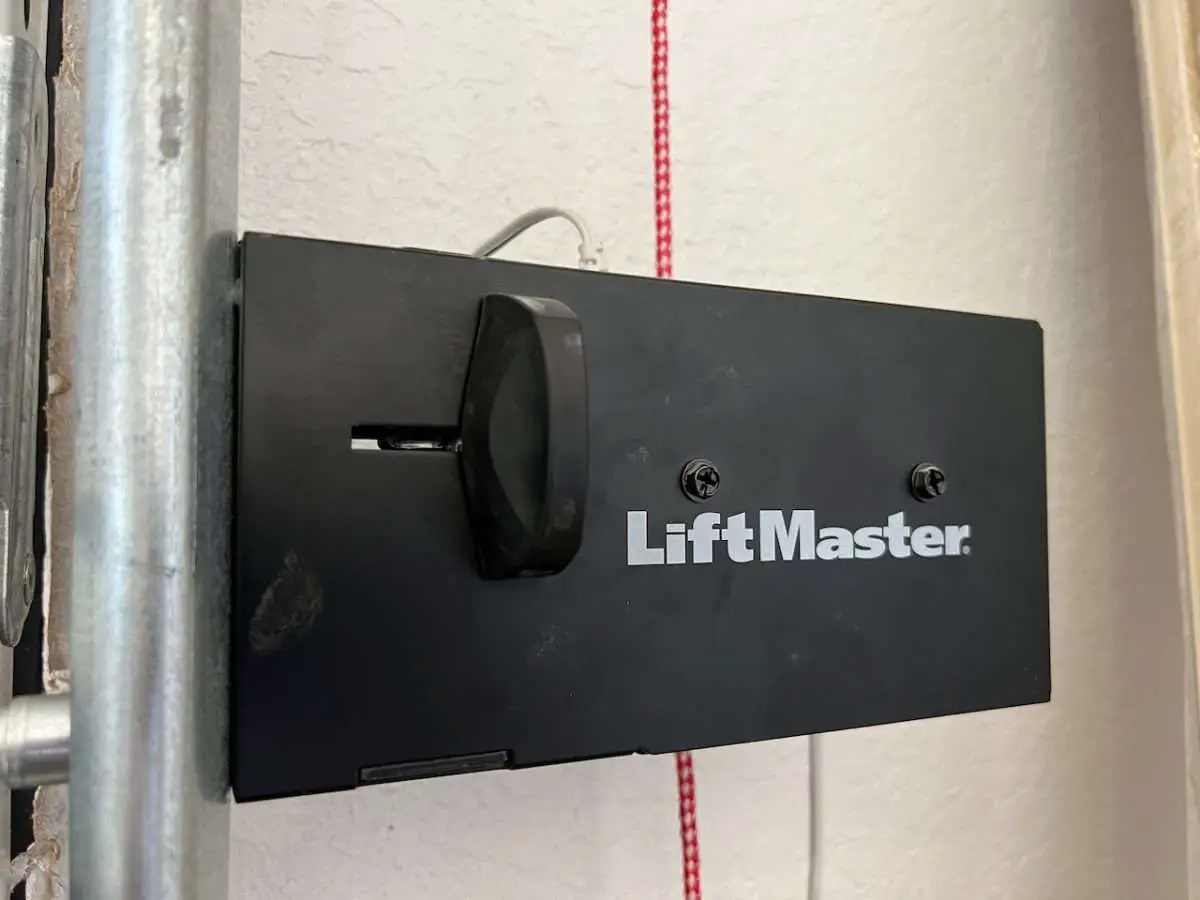
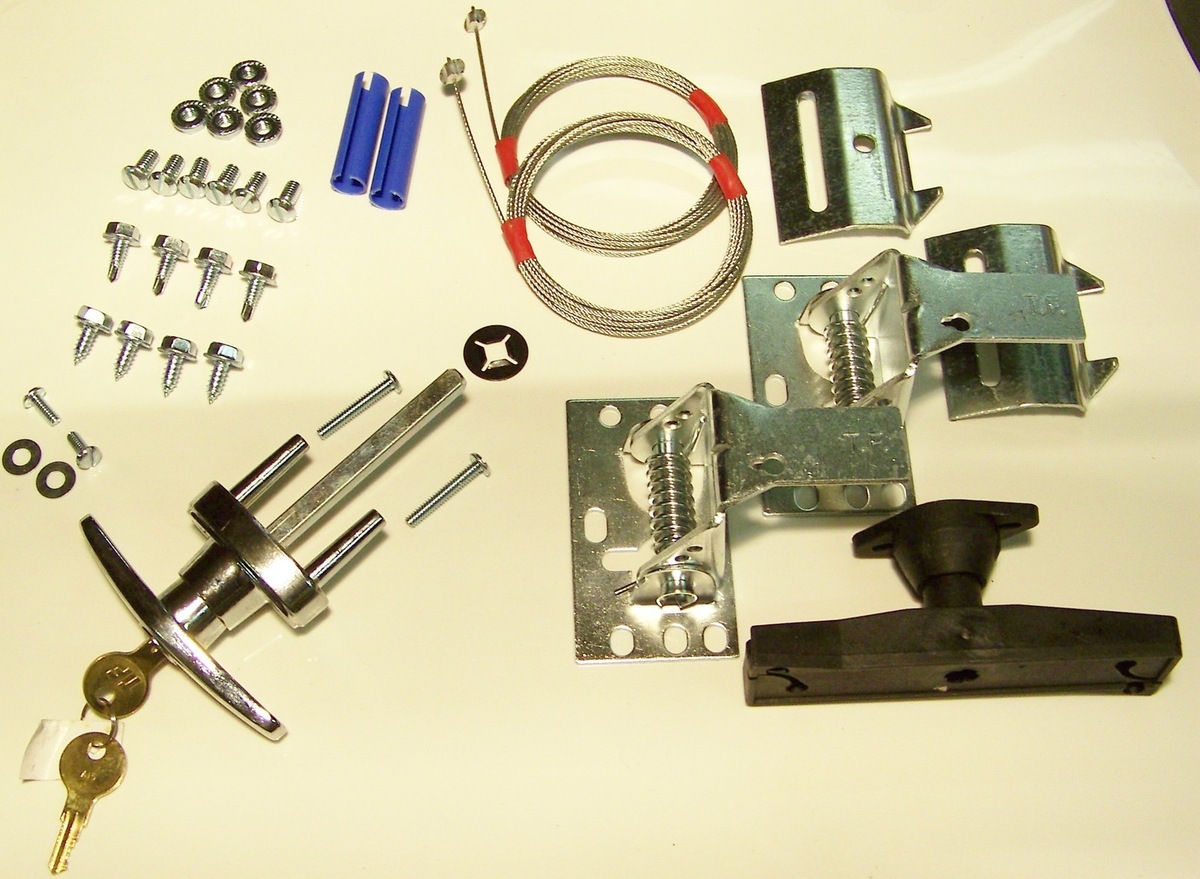
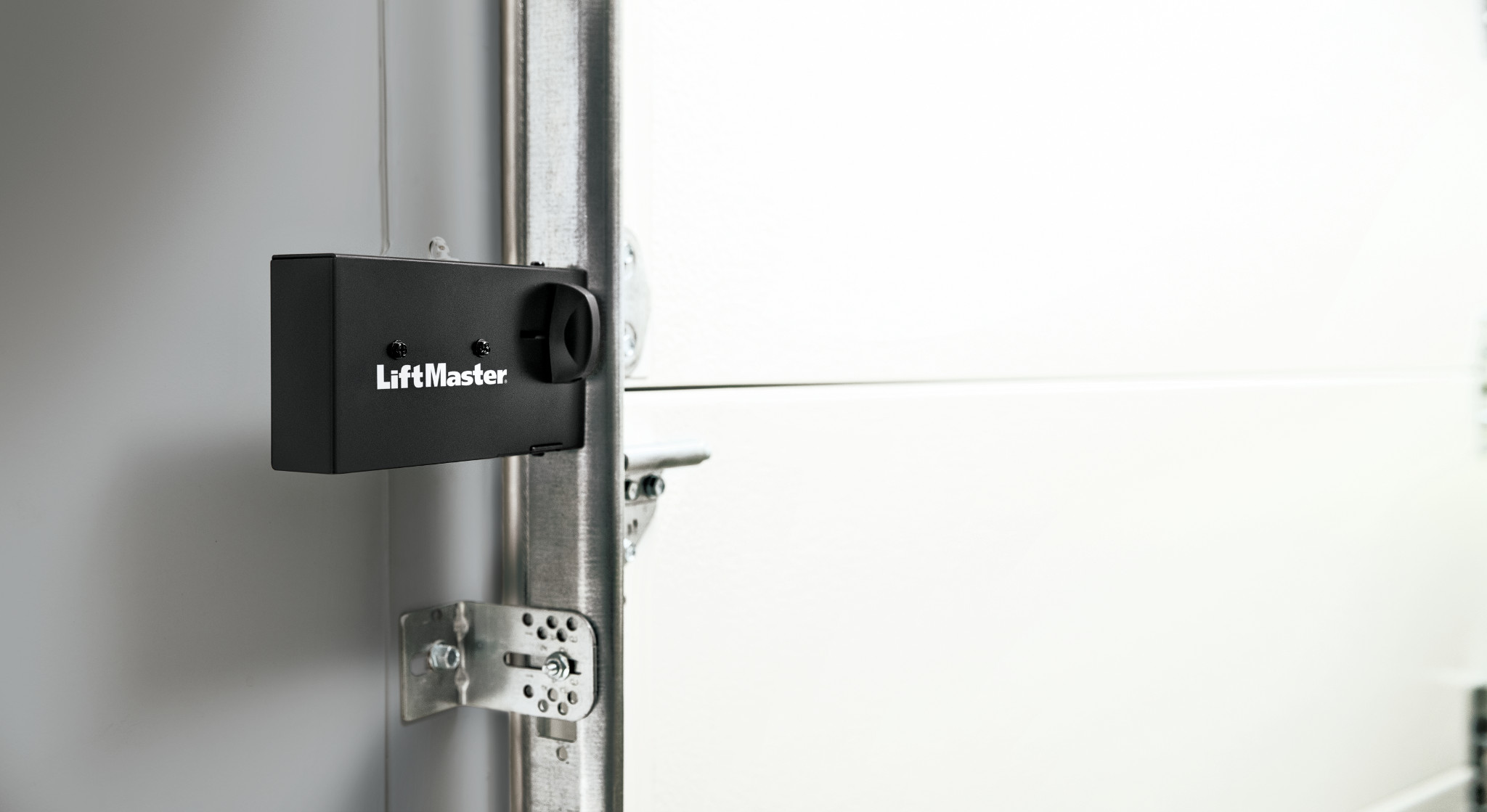
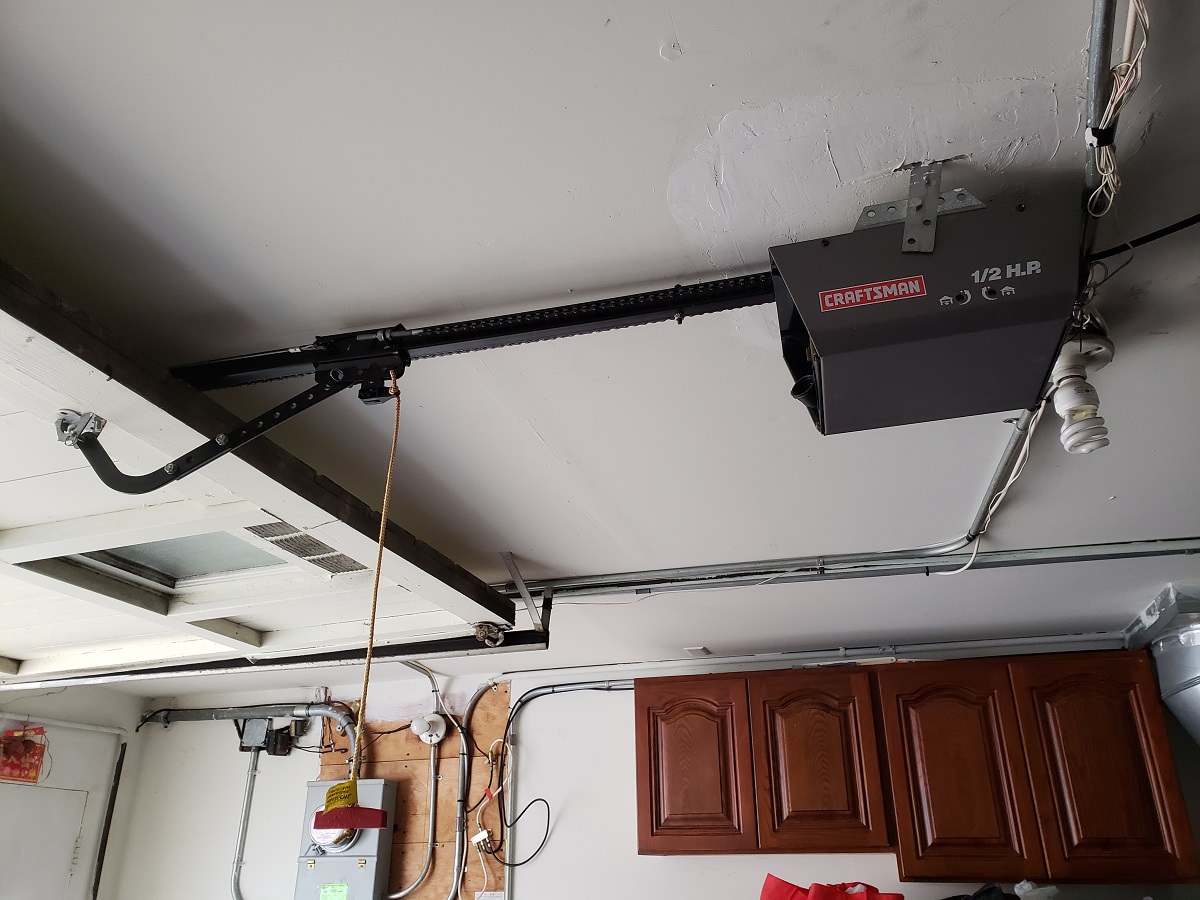
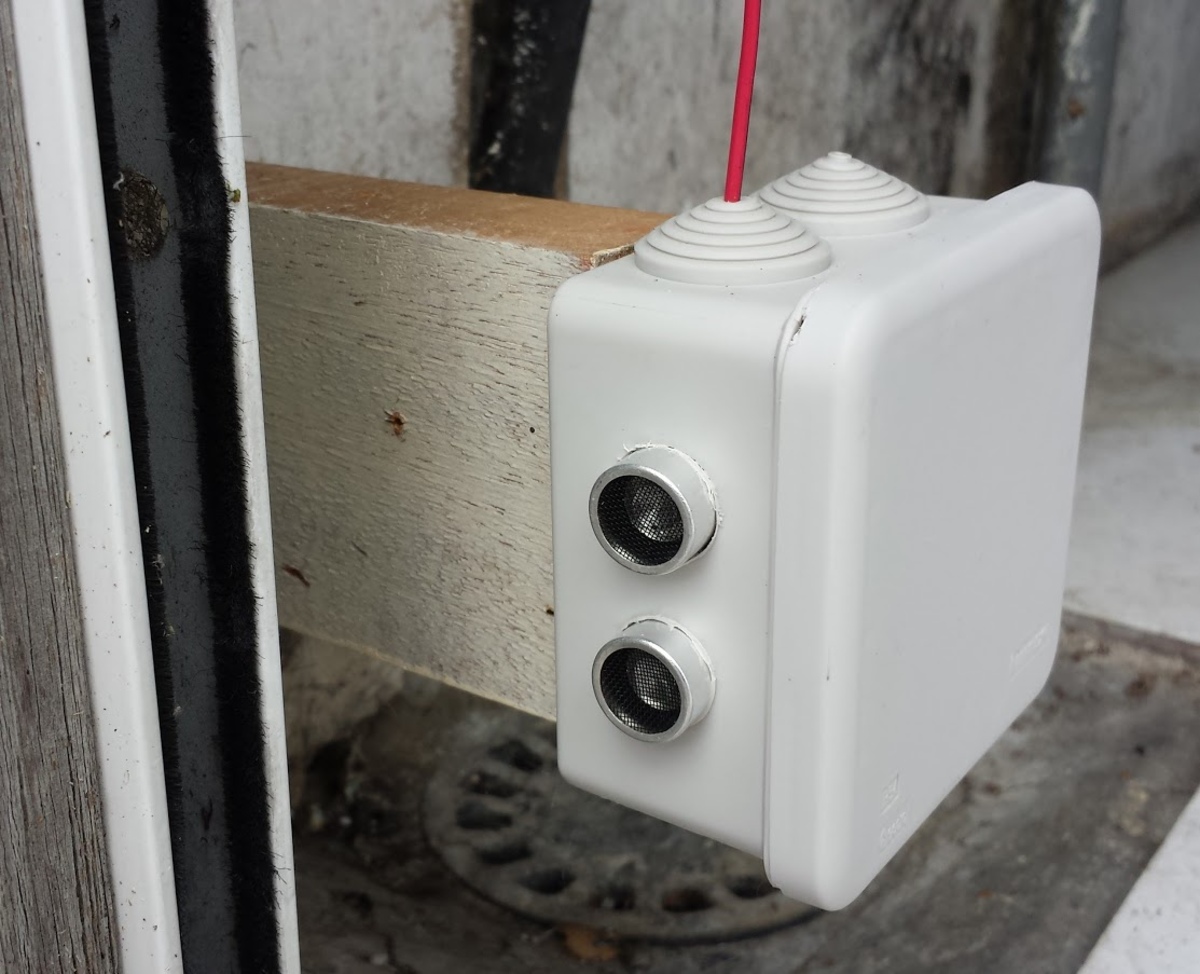
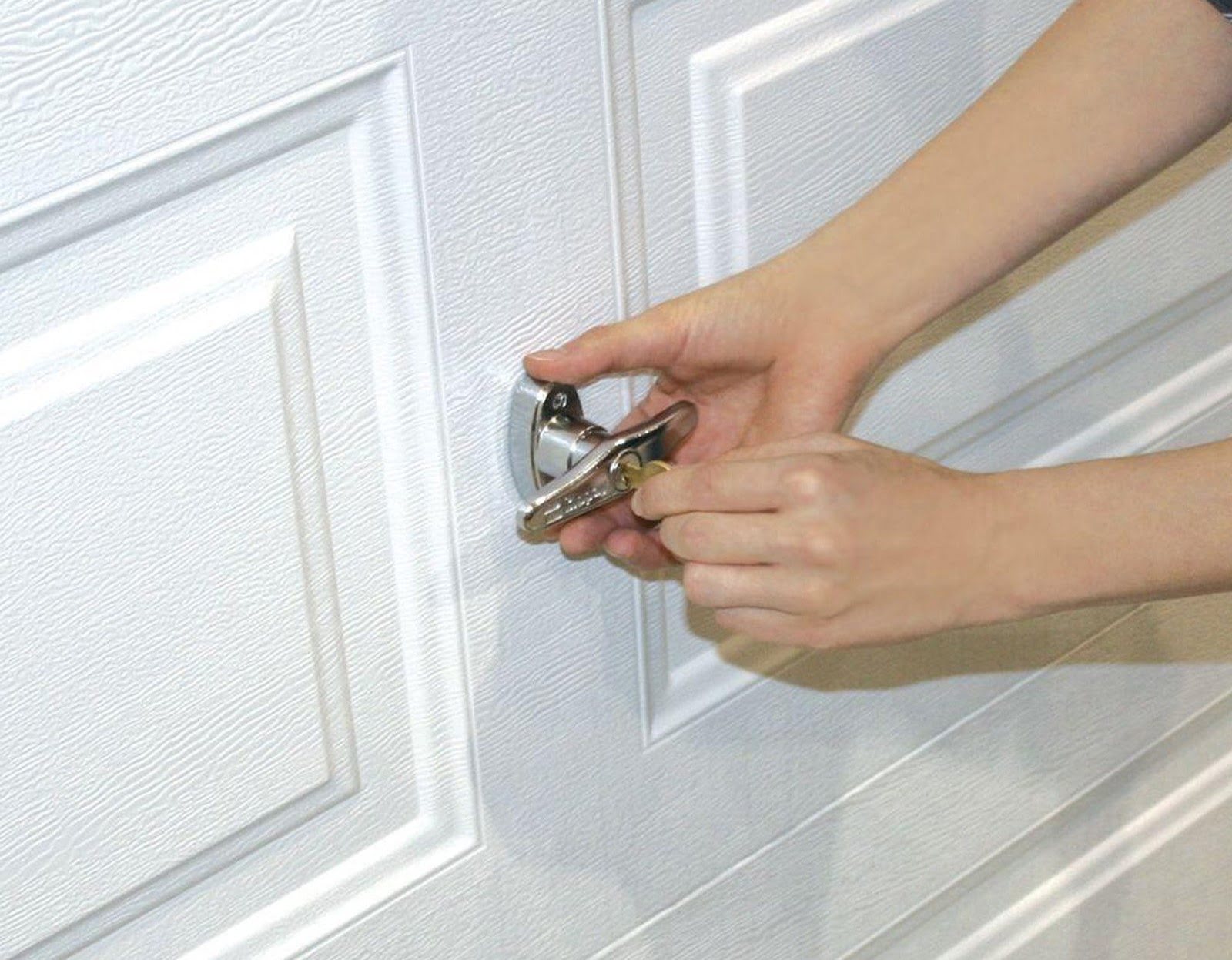

0 thoughts on “How Does A Garage Door Lock Work”